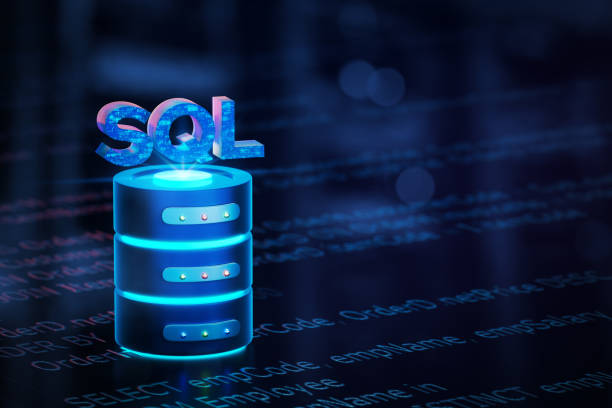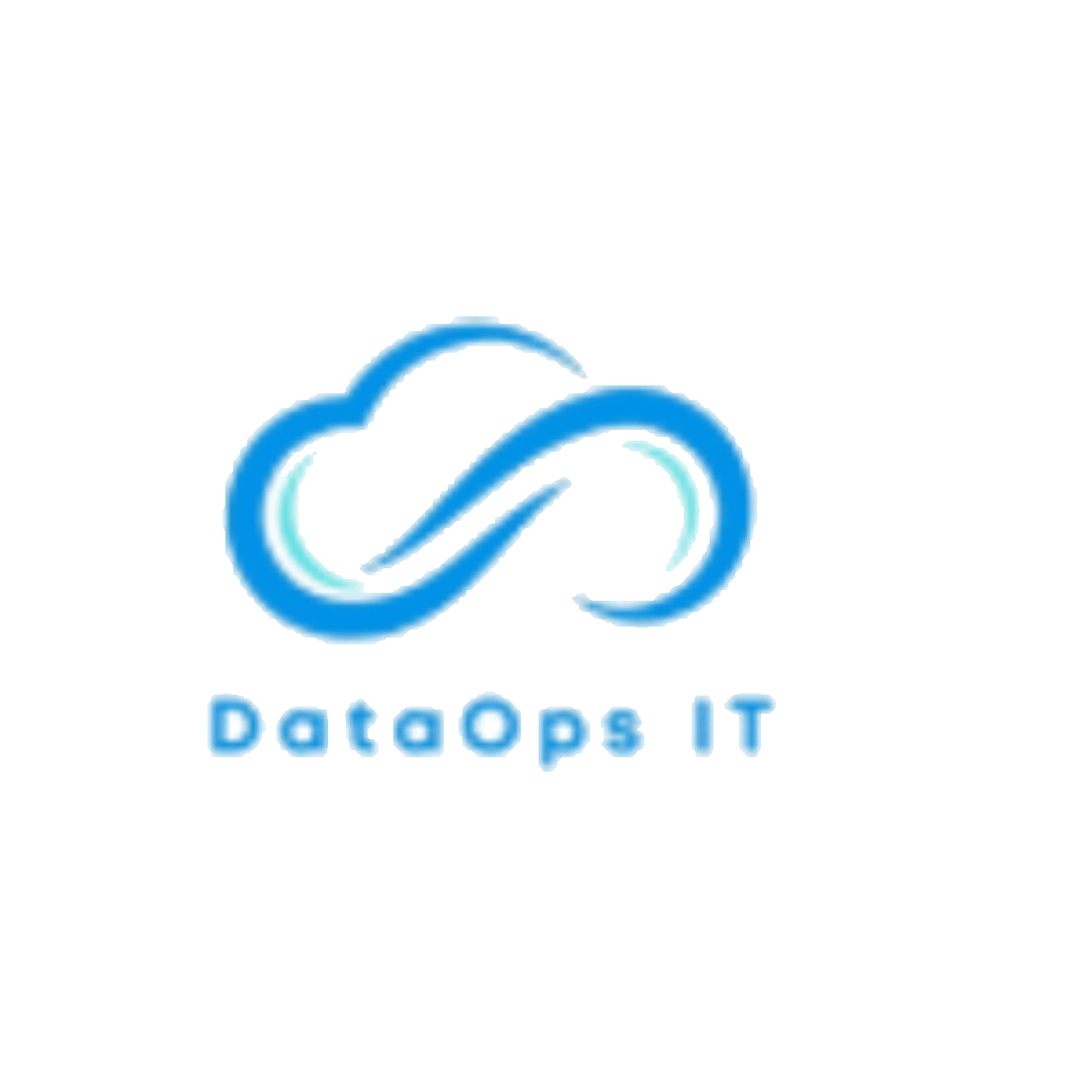Cloud SQL Database Guide – DataOps IT

In today’s world, data is everywhere. Whether you run a small business, a large company, or just want to learn more about technology, understanding databases is important. Two terms you might come across are SQL and Cloud SQL. They sound alike but have very different meanings and uses.
This blog will explain these two concepts in simple language. By the end, you will clearly understand what SQL is, what Cloud SQL means, how they differ, and why many people and businesses prefer using a cloud sql database today.
What is SQL?
SQL stands for Structured Query Language. It is a special language used to communicate with databases. Think of SQL as a way to ask questions or give instructions to a database, which is a system that stores information in an organized way.
For example, imagine you have a list of your friends’ names, phone numbers, and birthdays stored in a table. If you want to find your friend’s phone number, you use SQL commands to search for it. Similarly, businesses use SQL to handle large amounts of information like customer details, sales records, product inventories, and more.
But it’s important to note that SQL itself is not a database. It is just the language used to interact with a database.
There are many popular database systems that support SQL, including:
- MySQL
- Microsoft SQL Server
- Oracle Database
- PostgreSQL
These databases store the data, and SQL is used to add, update, delete, or retrieve that data from the database.

What is Cloud SQL?
While SQL is the language, Cloud SQL is a service that lets you use SQL databases in the cloud. But what does “in the cloud” mean?
The cloud means using servers that are located in data centers on the internet rather than on your own computer or office server. These cloud servers are managed by companies like Google Cloud, Amazon Web Services (AWS), and Microsoft Azure.
A cloud sql database is a database hosted and managed by these cloud providers. This means you don’t have to buy, set up, or maintain any physical hardware. Instead, you access and manage your database over the internet.
For example, Google Cloud offers a service called Google Cloud SQL, which is a fully managed database service that supports popular databases like MySQL and PostgreSQL. You can create, use, and scale your database without worrying about the technical details of server maintenance.
Key Differences Between SQL and Cloud SQL
Although both involve databases and SQL language, here are the main differences between traditional SQL databases and a cloud sql database:
1. Location and Hosting
Traditional SQL databases are often installed on your own computers or servers located in your office or data center. You are responsible for maintaining and running these servers. A cloud sql database lives on cloud servers managed by a cloud provider. You just connect to the database via the internet and use it without worrying about physical hardware.
2. Management and Maintenance
When using a traditional SQL database, you or your IT team must handle installation, configuration, updates, backups, and security. This can be time-consuming and requires technical knowledge. With a cloud sql database, all these tasks are handled by the cloud provider. They keep the database up-to-date, secure, backed up, and running smoothly.
3. Accessibility
Traditional SQL databases might be limited to internal networks or specific locations, meaning only people in the office can access them easily. A cloud sql database can be accessed securely from anywhere in the world with an internet connection. This makes it ideal for teams working remotely or in different locations.
4. Scalability
Growing data size in a traditional SQL setup may require buying new hardware, upgrading servers, or migrating to bigger systems, which can be expensive and slow. Cloud SQL databases offer easy scalability. You can increase storage or computing power quickly based on your needs, often with just a few clicks or automatic settings.
5. Cost
Traditional SQL databases require upfront investment in servers and software licenses. Plus, you have to pay for electricity, cooling, space, and technical staff to maintain the system. With a cloud sql database, you pay only for what you use, usually based on storage size, computing power, and data traffic. This “pay-as-you-go” model is more flexible and can save money, especially for small or growing businesses.
6. Security
Traditional SQL databases rely on your company’s security measures to protect data. This can be challenging and costly to manage properly. Cloud providers invest heavily in security measures like encryption, firewalls, and regular audits to keep your cloud sql database safe. They also provide tools to help you control who can access your data.
Why Are More Businesses Choosing Cloud SQL Database?
The advantages of using a cloud sql database have made it very popular with companies of all sizes. Here’s why many are moving to cloud SQL databases:
Ease of Use
You don’t need to be a database expert to use cloud SQL services. The cloud provider handles complex technical tasks so you can focus on using your data instead of managing servers.
Reliability
Cloud providers offer high availability with multiple backups and failover options. This means your data is safe even if one server fails, and your database stays online almost all the time.
Flexibility and Speed
Need more storage or faster processing? You can upgrade your cloud sql database quickly, helping your business grow without delays or downtime.
Remote Access and Collaboration
Teams can access the database from anywhere securely, making it easy to collaborate and share information in real-time.
Cost-Effective
With no need for physical hardware and paying only for what you use, a cloud sql database often costs less in the long run compared to traditional database setups.

Who Should Use Cloud SQL Database?
- Startups and Small Businesses: They can start quickly without investing in expensive infrastructure.
- Growing Companies: Easily scale up without hardware hassles.
- Remote Teams: Access data from anywhere.
- Developers: Focus on building applications rather than managing databases.
- Businesses Wanting Better Security: Benefit from cloud providers’ advanced security features.
Conclusion
To wrap up, SQL is the language used to communicate with relational databases. It is the foundation for managing structured data. On the other hand, Cloud SQL refers to managed database services offered in the cloud, where the cloud provider handles infrastructure, maintenance, and security for you.
A cloud sql database offers many benefits such as easy management, high availability, scalability, remote access, and cost savings. Because of this, many companies today prefer cloud SQL solutions over traditional SQL databases.
If your business needs a flexible, reliable, and secure way to store and manage data, moving to a cloud sql database could be the best choice. It allows you to focus on your core work while leaving database management to trusted cloud providers.

